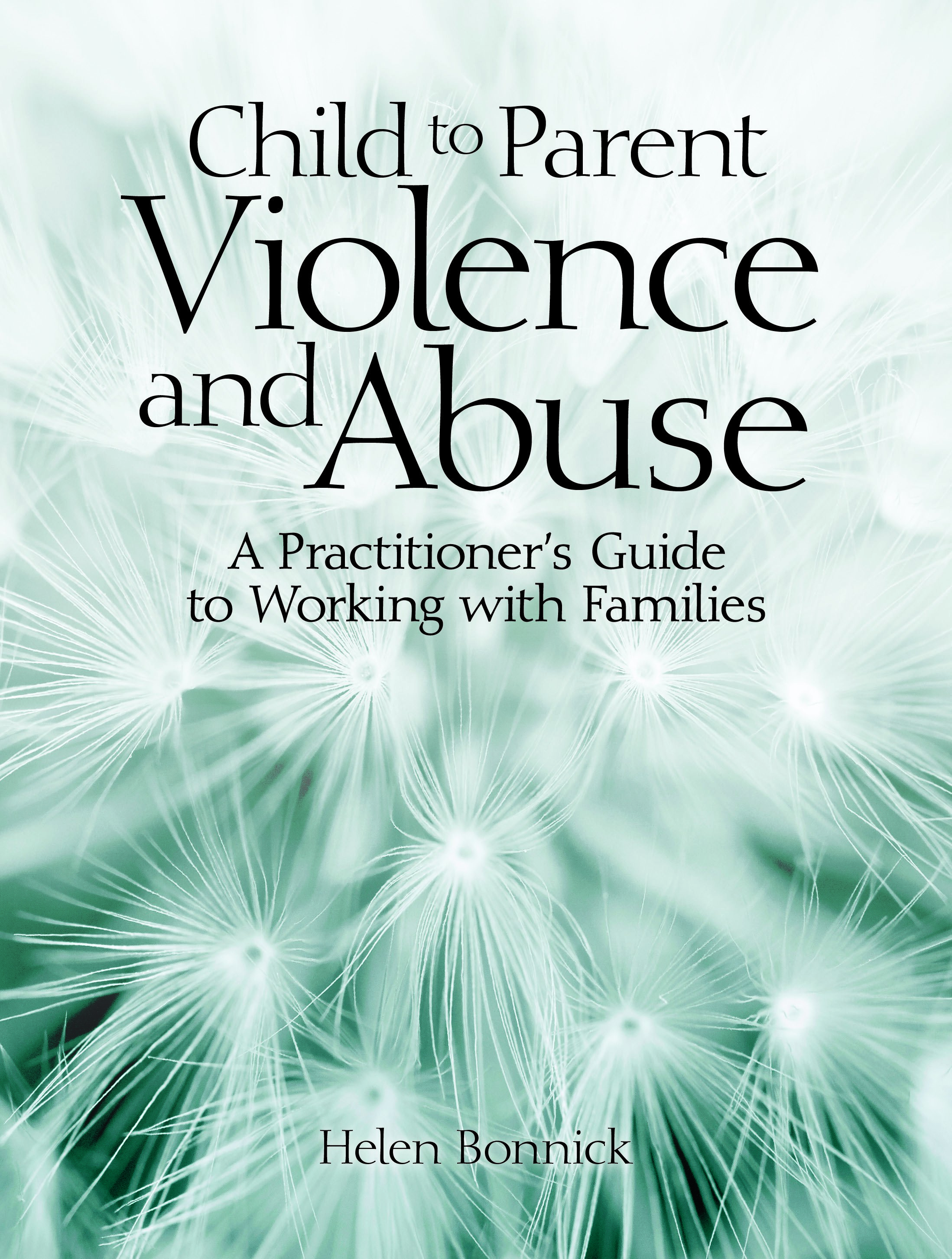An article in the Guardian this last weekend was picked up by the BBC PM programme yesterday; a piece of research into the phenomenon of the Boomerang Generation, young adults returning to live with their parents, or in fact never leaving the family home. Katherine Hill, senior research associate at the Centre for Research in Social Policy at Loughborough University, reported that they found
Nearly two-thirds of childless single adults aged 20-34 in the UK have either never left or have moved back into the family home because of a combination of a precarious job market and low wages, sky-high private sector rents and life shocks such as relationship breakups. Around 3.5 million single young adults in the UK are estimated to live with their parents, an increase of a third over the past decade, and a trend that is likely to accelerate as the economic and social impact of the coronavirus pandemic deepens.
The BBC segment focused very much on the positives of this trend – for both sides – as well as the different cultural expectations within some families; but also drew attention to the fact that some families would find it much more difficult where financial constraints or size of accommodation were an issue.
I have been sorting through old notebooks recently, checking back on conferences I attended some 10 years ago, and I found reference from a 2014 notebook to the problem of adults returning to the nest, specifically because of homelessness and substance use. Listening to parents in this situation, we learn that there may be very different motivations to the cosy renewing of relationships, and spending more time while you can with your lovely daughter. A fear that their son or daughter might become destitute, might end up in prison, or might overdose, may present as compelling reasons to offer a bed; but set within the daily demands of poor health, financial insecurity and the greedy all -consuming focus of addiction, this is far from the fairy tale scenario otherwise offered.
Coincidentally, I had bookmarked an Irish news article from a year ago, examining a piece of research into family law cases, and I revisited it while thinking about this. Phelan reports that almost a sixth of the domestic abuse cases observed in this research involved parents seeking protection from an adult child.
The authors, Dr Sinéad Conneely, a senior law lecturer at Waterford Institute of Technology, and mediators Dr Roisin O’Shea and Shane Dempsey, found there were no support services indicated for parents in such cases; and tellingly, “These difficult situations require a multi-agency response. These were among the most stark examples of cases in court as a result of failures elsewhere in the system such as addiction, mental health, behavioural issues and brain injuries.”
- This is s blood relationship, or alternatively one in which significant time and energy has been invested. It is not emotionally feasible to simply stop loving and caring for someone.This love and care extends to concern about what are perceived as worse alternatives – homelessness, prison, exploitation, death.
- For many young people, the gap between chronological age and developmental age may mean there remains a need for guidance, and daily living support, which may not be adequately available elsewhere.
- The level of fear and abuse may have worn a family down so low that there is no longer a belief that there is any choice.
Within this context, it is not surprising that there have been more and more requests of late for guidance about how best to support families where young adults and older children have taken control away from their parents and are driving the home life with a combination of threat, fear and violence. Some of these adult children will have returned home, some may never have left. It is also important to note too that, for some families, the abuse and the exhaustion of daily demands of an entitled child continue even after their offspring may have settled elsewhere.
As with younger children, it is important to recognise the many different scenarios in which older parents might find that they are subject to ongoing abuse. Understanding the different impacts of mental health diagnosis, of developmental trauma, of experiencing domestic abuse, or of learning disability for instance, on the adult child and on the capacity to form healthy relationships or to successfully achieve independence, is fundamental to the development of a support package which addresses context as well as action, taking in all elements of vulnerability and risk. Just as we need to recognise the needs of the 16 and 17 year olds coming within the DA legislation as differing to those of adults in the type of response offered, there is developing awareness of the need to develop more specific, proven support for families where the abuse and violence continues – or begins – well beyond the teenage years. It is encouraging to see that this is beginning to take place, as pressure grows and understanding deepens. Some parents have been calling for this for a long time. We need to be careful to give them the credit for their perseverance and determination as we move forward in this new phase of work to support families to remain healthy and safe.


Many thanks for referencing our Irish empirical research on DV applications made by parents against their adult children. It’s great to see another professional who deals with families in conflict taking an interest in a problem that’s oft-neglected.